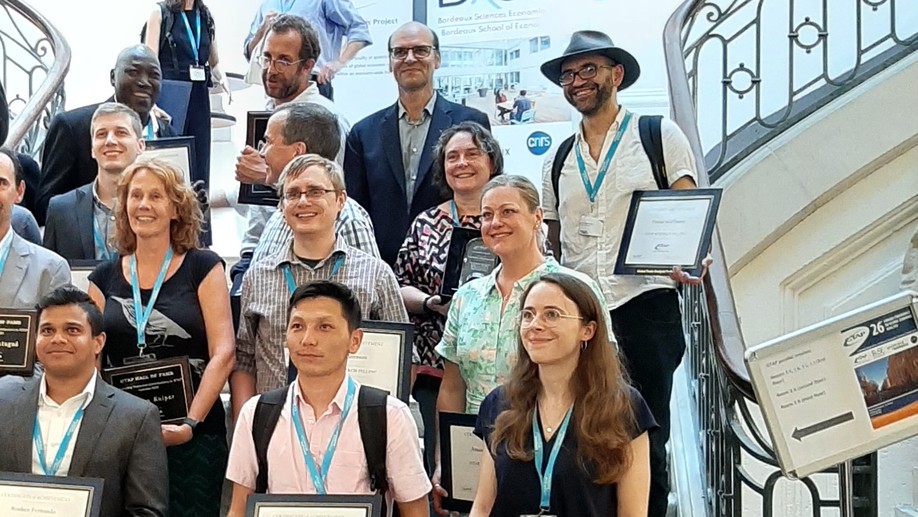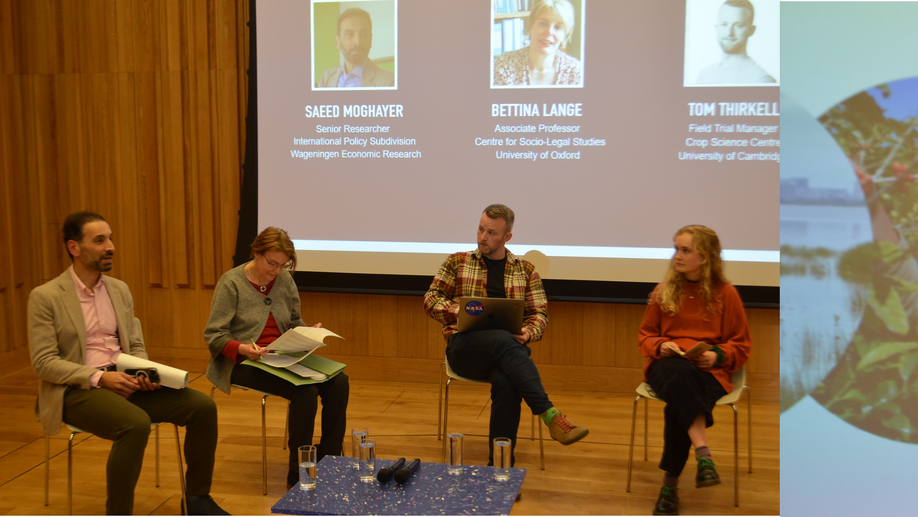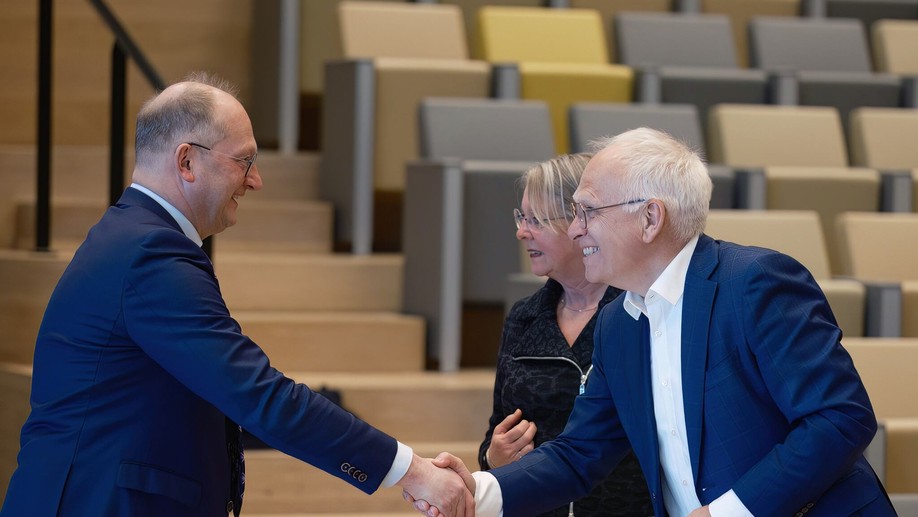Welcome!
MAGNET (Modular Applied GeNeral Equilibrium Tool) is a global general equilibrium model. A distinguishing feature of the model is its modular structure, which allows the model to be tailored to the research question at hand. MAGNET has been widely used to simulate the impacts of agricultural, trade, land and bioenergy policies on the global economy with a particular focus on the impacts on land use, agricultural prices, nutrition and household food security. It is listed in the MIDAS, the inventory of models used by the European Commission for impact assessment.
The MAGNET consortium, includes Wageningen Economic Research (lead), the European Commission’s Joint Research Centre (JRC) and the Thünen-Institute (TI).
MAGNET news

Marijke Kuiper inducted to the GTAP Research Fellow Hall of Fame.
We are very proud that our colleague Marijke Kuiper was inducted into the GTAP Research Fellow Hall of Fame at the 26th Annual Conference on Global Economic Analysis that took place in Bordeaux, from 14 to 16 June.

Presentation of MAGNET Food and Nutrition Security results at Oxford University seminar on ‘Global Shortages in a Changing Climate’.
Saeed Moghayer was an invited speaker to ‘Global Shortages in a Changing Climate’ seminar at Oxford University to present and diescuss MAGNET foresight modelling foresight scenario results on food and nutrition security on May 12th.

Elisa Bardazzi received her PhD degree
Today our team member Elisa Bardazzi successfully defended her PhD in Science and Management of Climate Change at the Ca’ Foscari University in Venice. Congrats Elisa!

Marcos Dominguez received his PhD degree
Today our team member Marcos Dominguez successfully defended his PhD, titled “Road to a Healthier Mexico: The influence of price signals, information, stress and consciousness on food choices” at Wageningen University in the Netherlands.
